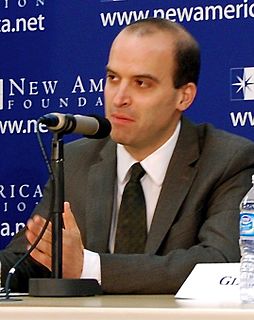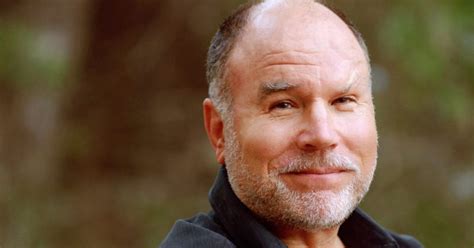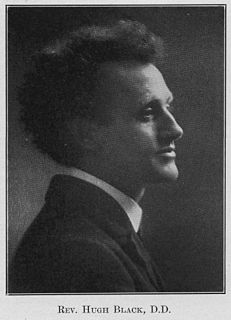A Quote by William J. H. Boetcker
True religion is not a mere doctrine, something that can be taught, but is a way of life. A life in community with God. It must be experienced to be appreciated. A life of service. A living by giving and finding one's own happiness by bringing happiness into the lives of others.
Related Quotes
Finding happiness is like finding yourself. You don't find happiness, you make happiness. You choose happiness. Self-actualization is a process of discovering who you are, who you want to be and paving the way to happiness by doing what brings you the most meaning and contentment to your life over the long run.
And so it is true in this sense that there is essentially but one religion, the religion of the living God. For to live in the conscious realisation of the fact that God lives in us, is indeed the life of our life, and that in ourselves we have no independent life, and hence no power, is the one great fact of all true religion, even as it is the one great fact of human life. Religion, therefore, at its purest, and life at its truest, are essentially and necessarily one and the same.
True happiness isn't something that can be made. It isn't the result of anything. Happiness comes to those who understand that you can't seek it any more than you seek the air you breathe. It is a part of life to be found within living. ... All pursuit of happiness is based upon the false assumption that there is a way to possess it; you may as well try to grab a handful of breeze! Happiness is the natural expression of a stress-free life, just as sunlight naturally warms the Earth after dark clouds appear.
True greatness,true leadership,is found in giving yourself in service to others, not in coaxing or inducing others to serve you. True service is never without cost. Often it comes with a painful baptism of suffering. But the true spiritual leader is focused on the service he and she can render to God and other people, not on the residuals and perks of high office or holy title. We must aim to put more into life than we take out.
It has always seemed somewhat paradoxical to me that we must constantly have the Lord command us to do those things which are for our own good. The Lord has said, 'He that findeth his life shall lose it: and he that loseth his life for my sake shall find it.' (Matt. 10:39.) We lose our life by serving and lifting others. By so doing we experience the only true and lasting happiness. Service is not something we endure on this earth so we can earn the right to live in the celestial kingdom. Service is the very fiber of which an exalted life in the celestial kingdom is made.
It is the paradox of life that the way to miss pleasure is to seek it first. The very first condition of lasting happiness is that a life should be full of purpose, aiming at something outside self. As a matter of experience, we find that true happiness comes in seeking other things, in the manifold activities of life, in the healthful outgoing of all human powers.
The most important thing is practice in daily life; then you can
know gradually the true value of religion. Doctrine is not meant for
mere knowledge, but for the improvement of our minds. In order to do
that, it must be part of our life. If you put religious doctrine in
a building and when you leave the building depart from the practices,
you cannot gain its value.
A lot of people say there is no happiness in this life, and certainly there's no permanent happiness. But self-sufficiency creates happiness. Happiness is a state of bliss. Just because you're satisfied one moment - saying yes, it's a good meal, makes me happy - well, that's not going to necessarily be true the next hour. Life has its ups and downs, and time has to be your partner. Time is your soul mate. Children are happy. But they haven't really experienced ups and downs yet. I'm not exactly sure what happiness even means. I don't know if I personally could define it.



































